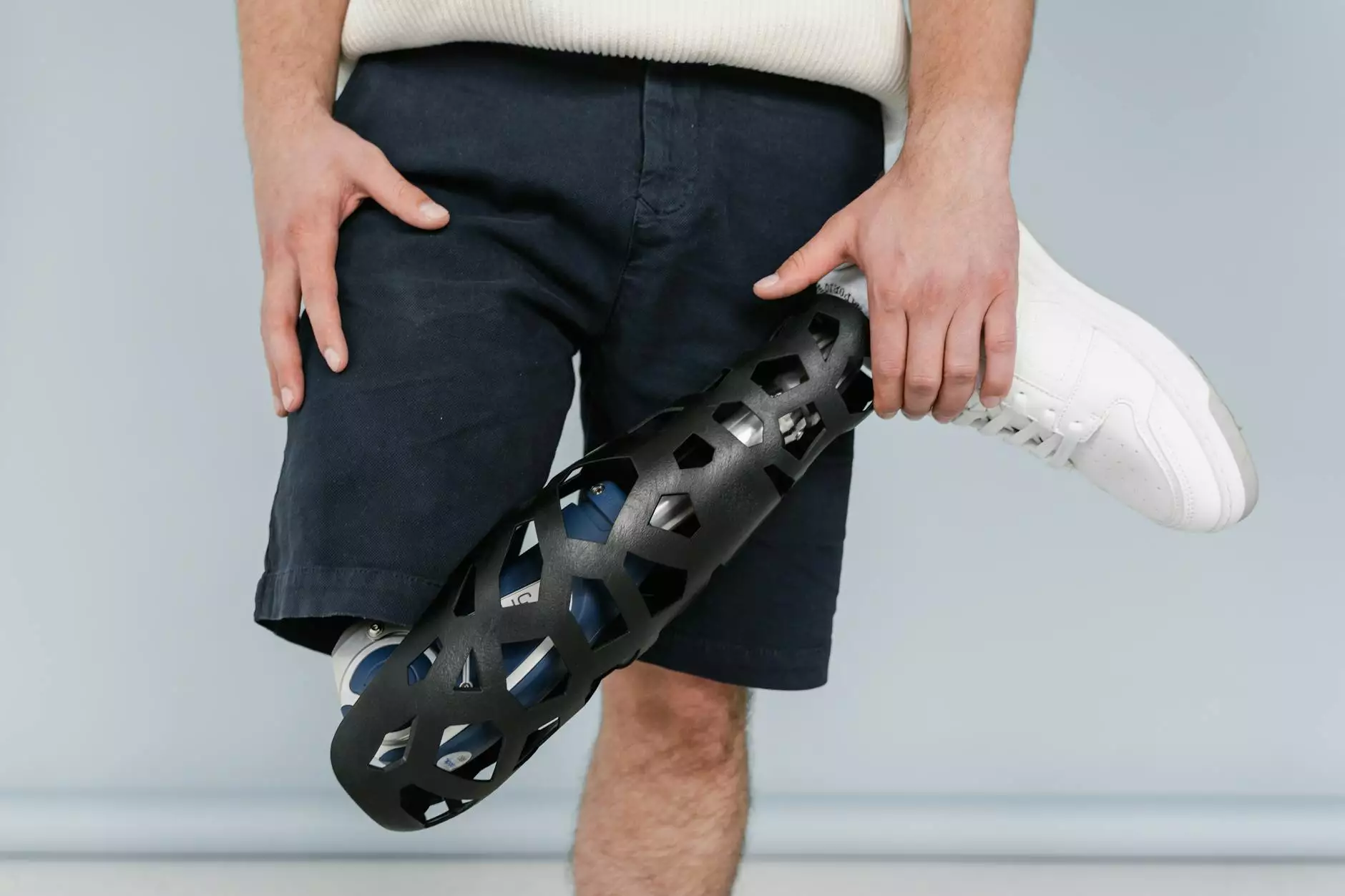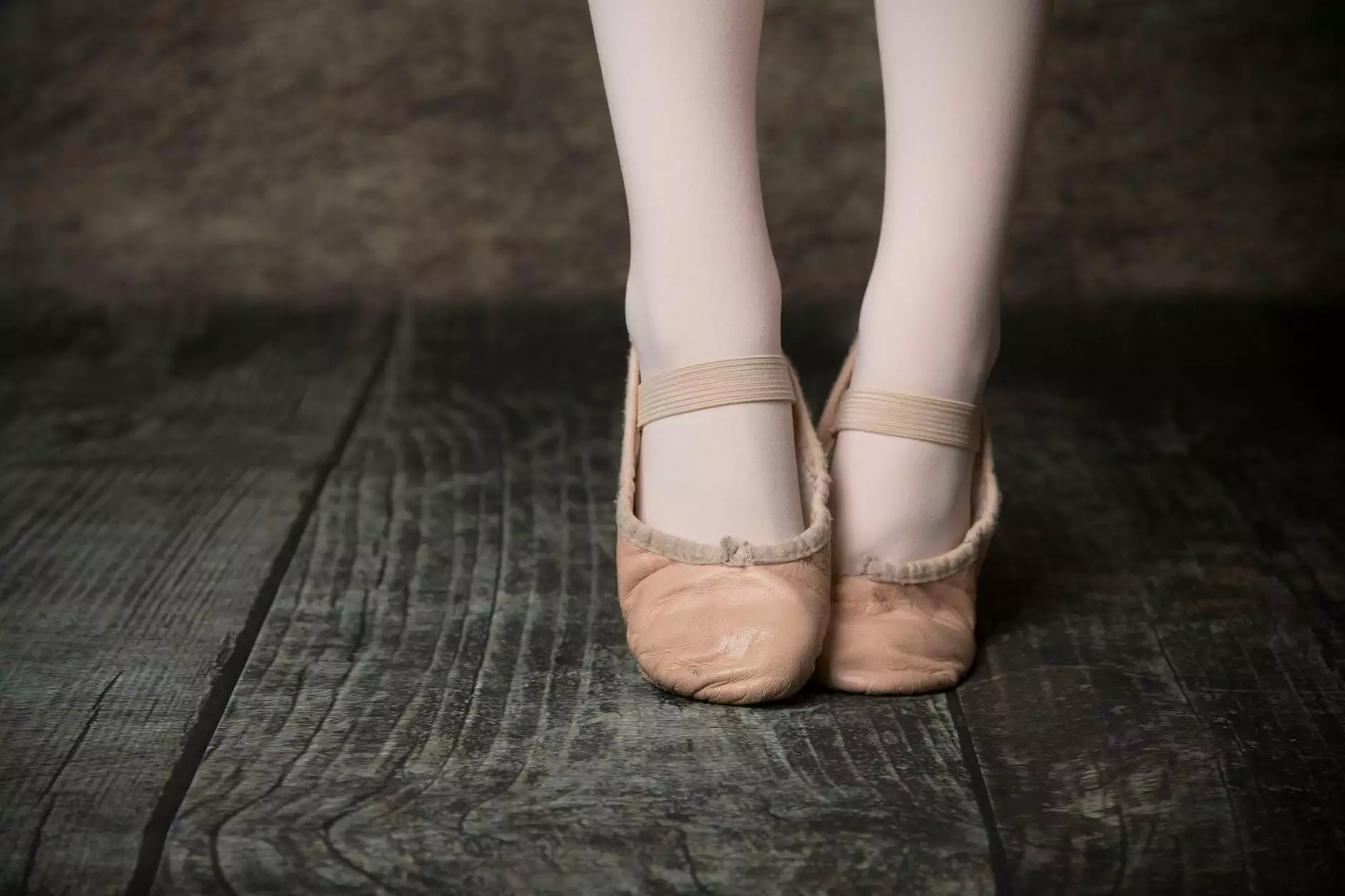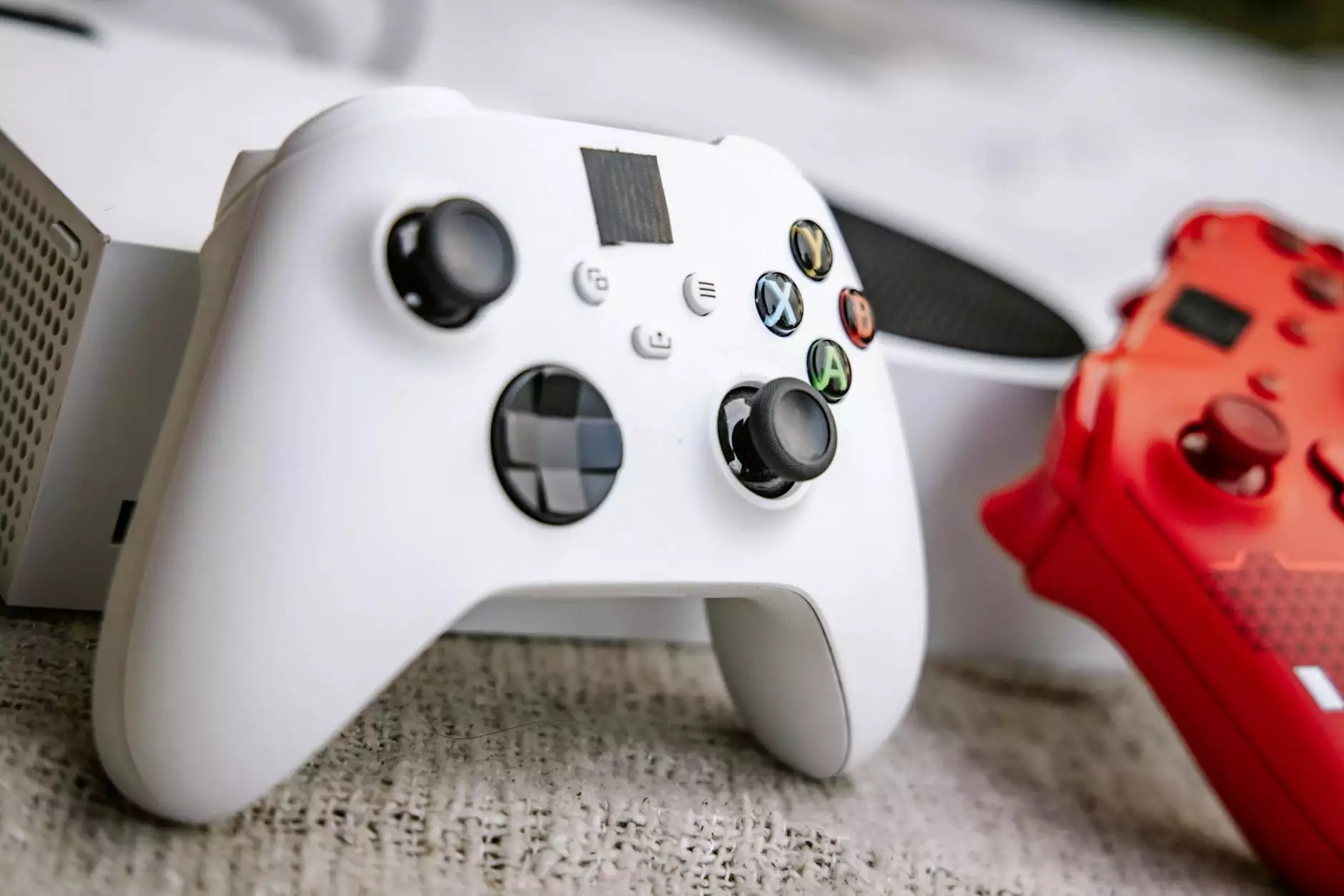Understanding Orthopedic Instruments: A Comprehensive Guide

Orthopedic instruments play a crucial role in the field of medicine, particularly in the diagnosis, treatment, and management of musculoskeletal disorders. As part of the Health & Medical sector, these instruments are essential for orthopedic surgeons and medical professionals. In this article, we will delve into the vast world of orthopedic instruments, exploring their types, applications, and significant impact on patient care.
1. What are Orthopedic Instruments?
Orthopedic instruments are specialized tools designed for diagnosing and treating issues related to the musculoskeletal system. These instruments facilitate procedures that range from simple examinations to complex surgical interventions. They are pivotal in ensuring successful outcomes for patients suffering from injuries, congenital defects, or degenerative conditions affecting bones and joints.
2. Types of Orthopedic Instruments
The realm of orthopedic instruments is expansive, with various categories tailored to specific medical procedures and conditions. Below are some essential types of orthopedic instruments used in the medical field:
2.1 Surgical Instruments
- Scalpels: Used for making incisions in the skin and underlying tissues.
- Scissors: Designed for cutting tissues and sutures.
- Forceps: Grasp and manipulate body tissues during procedures.
- Saws and Drills: Essential for cutting bone during surgical procedures.
2.2 Diagnostic Instruments
- X-ray Equipment: Utilized for imaging bones and joints to diagnose fractures and abnormalities.
- Ultrasound Machines: Help visualize soft tissues and assess joint conditions.
- Magnetic Resonance Imaging (MRI): Provides detailed images of the musculoskeletal system.
2.3 Implantable Instruments
- Plates and Screws: Used to stabilize broken bones.
- Prosthetics: Devices that replace missing body parts, like artificial joints.
- Bone Grafts: Used for repairing or rebuilding bones.
2.4 Ancillary Instruments
- Bone Chisels: Used for shaping bone during orthopedic procedures.
- Retractors: Hold back tissues to provide better access to the surgical site.
- Suction Devices: Help clear blood and fluids from the surgical area.
3. The Importance of Orthopedic Instruments
The effectiveness of orthopedic surgeries and treatments largely hinges on the use of appropriate instruments. Here are several reasons why orthopedic instruments are vital:
3.1 Enhancing Surgical Precision
The design and functionality of orthopedic instruments allow surgeons to perform intricate procedures with immense precision, leading to better surgical outcomes and reduced recovery times for patients.
3.2 Improving Patient Safety
Well-designed instruments minimize the risk of complications during surgical interventions, ensuring patient safety is prioritized throughout the procedure.
3.3 Facilitating Accurate Diagnoses
Diagnostic instruments, such as imaging devices, enable healthcare providers to identify and understand musculoskeletal issues accurately. This accuracy is crucial in developing effective treatment plans.
4. Applications of Orthopedic Instruments
The applications of orthopedic instruments are diverse, catering to a wide array of medical needs. Here are some significant applications:
4.1 Trauma Treatment
In cases of fractures or trauma, orthopedic instruments like plates, screws, and rods are employed to stabilize broken bones, facilitating healing and restoring function.
4.2 Joint Replacement Surgery
Instruments tailored to joint replacement procedures, such as hip or knee replacements, ensure that implants are accurately positioned and secured, leading to improved patient outcomes and mobility.
4.3 Arthroscopy
Arthroscopic instruments allow surgeons to perform minimally invasive procedures to inspect and treat joint issues, resulting in less postoperative pain and quicker recovery.
5. Quality and Maintenance of Orthopedic Instruments
The quality of orthopedic instruments is paramount to ensure their effectiveness and longevity. Here are essential aspects to consider:
5.1 Material Quality
Orthopedic instruments are typically made of high-grade stainless steel or titanium, known for their durability, resistance to corrosion, and compatibility with sterilization processes.
5.2 Regular Maintenance
Regular inspections and maintenance are crucial for the longevity of surgical instruments. Cleaning, sterilization, and timely recalibration help ensure instruments function correctly and meet safety standards.
6. Future Trends in Orthopedic Instruments
The field of orthopedics is constantly evolving, and with advancements in technology, the future of orthopedic instruments looks promising. Here are some trends:
6.1 Robotics and Automation
The integration of robotic systems in orthopedic surgeries is revolutionizing precision and efficiency. Robotic -assisted surgeries allow for enhanced accuracy in instrument placement and reduced recovery times.
6.2 3D Printing
3D printing technology is being utilized to create customized orthopedic implants and instruments tailored to individual patient needs, ensuring better compatibility and functionality.
7. Conclusion
In conclusion, orthopedic instruments are indispensable tools in the medical field, invaluable in diagnosing and treating musculoskeletal disorders. Their ongoing evolution reflects the dynamic nature of healthcare, continually enhancing patient outcomes. For medical professionals and facilities focusing on Health & Medical innovations, understanding the diversity and importance of these instruments is essential for delivering high-quality patient care.
8. Why Choose New-Med Instruments?
When it comes to sourcing high-quality orthopedic instruments, look no further than New-Med Instruments. With a commitment to excellence in Medical Supplies, we provide healthcare professionals with the instruments they need to enhance patient care. Our extensive catalog, comprising state-of-the-art equipment and tools, is designed to meet the diverse requirements of modern orthopedic practice.
Choose New-Med Instruments for reliability, quality, and innovation in orthopedic solutions. Your patients deserve the best, and we are here to provide it.
orthopedics instruments








